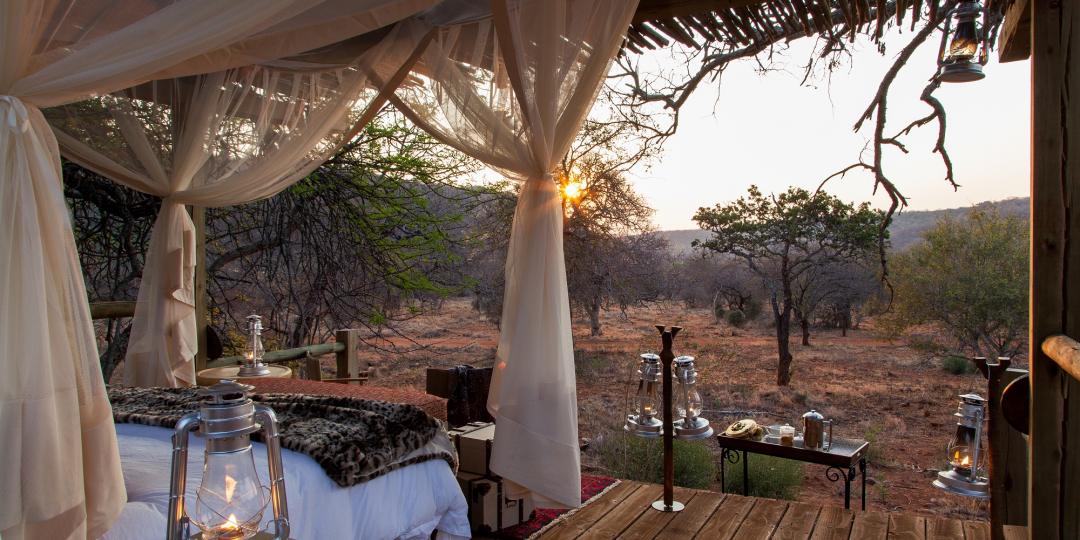While ‘tourism with a conscience’ may continue to hold a place on ‘Travel Trends’ lists this year, sustainability and eco-tourism have gone mainstream. Inbound tour operators are seeking to sell products and experiences that make a difference to both local communities in the area and the environment, and holidays that give back are the ‘new normal’.
In a blog post earlier this year titled, ‘Responsible and Sustainable Travel: Reaching the higher ground in 2020’, Daniel Batchelor, Vice President of Communications for Amadeus, said companies were listening to customer needs and therefore were being more sustainable.
“Since sustainability has become a deciding factor for individuals purchasing travel and accommodation, companies are adapting their offers to reflect this. From reducing plastic in hotels to the creation of sustainability-focused package holidays, consumers are being offered a wide choice when it comes to an eco-stay and is starting to hold companies accountable if they don’t meet the requirements,” said Batchelor.
As Southern and East Africa are long-haul destinations, the local travel trade is well aware that these destinations face numerous challenges when it comes sustainability, as was reported by Hilka Birns in Tourism Update in last year. The article titled ‘Flight shame offers an opportunity for SA’ pointed out that the country could benefit from carbon offsetting schemes and/or from developing a sustainable aviation industry.
In the same article Tim Harris, CEO of Wesgro said that, without the contribution of long-haul tourism wildlife and Africa’s pristine wildlife areas would suffer in the long run.
“…Without long-haul tourism, Africa will lose the funding that supports the survival of our wildlife and wildlife areas, and unsustainable resource exploitation will become the order of the day. In the end, this would be worse for the environment than long-haul travel," said Harris.
In 2019, SATSA and South African Tourism launched “The Spekboom Challenge” to the travel industry – a carbon offsetting initiative that has seen the industry encourage the planting of spekboom plants.
Among many other industry players, the Tintswalo group have taken up the #SpekboomChallenge within the pristine Lapalala Wilderness Reserve in Limpopo province.
CEO and owner of Tinstwalo Lodges, Lisa Goosen, says: “Recently, in line with the #SpekboomChallenge, we introduced a new initiative whereby we present small spekboom seedlings to our guests as farewell gifts when they check out, and encourage them to plant them in the reserve to help set off the carbon footprint of our game-viewing vehicles and back-up power generators. Our guests love it and after spending time with us at Tintswalo Lapalala, they are inspired to do their bit for conservation.”
Goosen says sustainability and eco-tourism are important pillars of the overall Tinstwalo philosophy and the team are particularly proud of Tintswalo Lapalala as a flagship lodge for their sustainability model.
“Changing the way people think is a slow process, but we are finding that guests are increasingly more willing to participate in conservation initiatives and make do without certain modern luxuries in the name of being environmentally friendly and sustainable.
She adds that tackling sustainability and eco-tourism is an ever-changing landscape with new and exciting innovations on sustainability daily.
“The trick is to ensure that they are financially viable and to find a way to introduce it effectively to ensure longevity.”
Gondwana Game Reserve, along the Garden Route, is a leader in the field of sustainable practice and incorporating conservation experiences into their guests’ safari experience. Gondwana’s Tented Eco-Camp is another great option for tour operators wanting to sell an authentic bush experience for responsible travellers.
The eco-friendly, solar powered camp is an option for travellers who want to have a more hands-on, behind-the-scenes conservation experience. This was highlighted in a recent article – Unique Wildlife and Conservation Experiences – where visitors can assist in monitoring and wildlife research supporting the reserve’s conservation department while on a ‘working/learning/experiencing’ holiday.
Gondwana also offers a daily Botanical Conservation Experience for anyone with an interest in botany and bio-diversity. Participants learn about indigenous plants and wildflowers that exist nowhere else in the world, and get involved in monitoring and geo-mapping of the various plant species. This hands-on experience gives guests the chance to learn all about the conservation of this endangered Fynbos biome – a unique experience for every visitor.
“Guests love getting a behind-the-scenes view of our conservation efforts and experiencing the Reserve on foot,” says owner Wendy Rutherfoord. “By making our Fynbos conservation part of our tourism offering it enriches our guests’ safari and makes its conservation more sustainable – it’s a win-win.”























